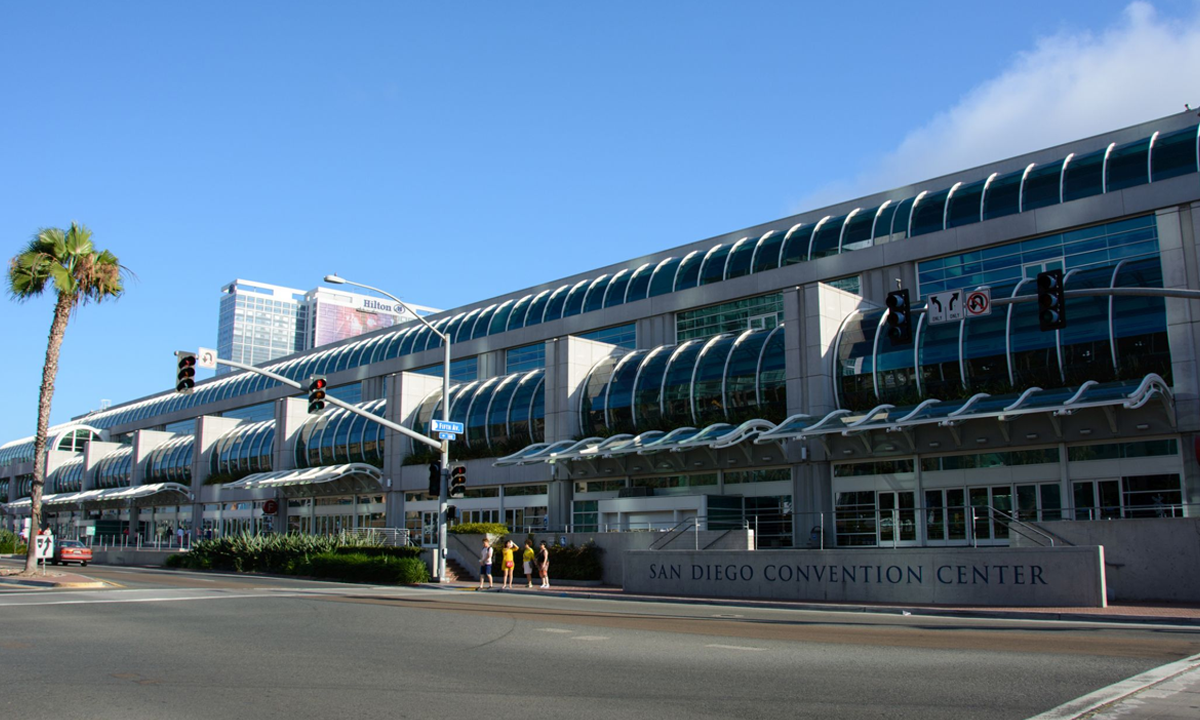By Rebekah Basson
Title 42, a section of the United States Code that deals with public health and welfare, has been a critical tool in the ongoing fight against the Covid-19 pandemic. Its implementation has helped to limit the spread of the virus by preventing people without appropriate travel documents from crossing the border. This has had a significant impact on the local community in San Diego County, including a reduction in the number of people crossing the border and a decrease in the spread of the virus.
However, as the pandemic continues to recede, there is growing pressure to lift Title 42 and open the border once again. The Supreme Court is set to hear from legislators on Title 42 in February. While the possibility of lifting Title 42 may be a step towards returning to normalcy, it could also have severe economic consequences for many citizens in San Diego County.
One major impact of lifting Title 42 would be the closure of the Convention Center in San Diego to shelter the influx of immigrants stalled at the border. The Convention Center is a vital economic driver for the county, generating millions of dollars in revenue for local businesses and providing jobs for thousands of residents. The closure of the Convention Center would be a devastating blow to the local economy, leading to economic hardships for many citizens. Hotels, restaurants, and other businesses that rely on tourism would also suffer, with many being forced to close their doors permanently. Comic-Con, one of San Diego’s favorite events and top tourism attractions, would most likely be canceled should Title 42 be lifted.
Furthermore, lifting Title 42 would also have a negative impact on the local housing market. As the economy struggles and jobs become scarce, many residents may be forced to sell their homes, leading to a decline in property values. In an economic forecast from Goldman Sachs, San Diego is expected to suffer a sharp decline in home values. In addition, San Diego City just passed a resolution declaring housing as a human right. Doing so puts increased pressure on the government to provide housing for all and will most likely result in increased taxes and regulations for homeowners and landlords. Additionally, it could discourage landlords from investing in the housing market, leading to decreased housing options and higher rent costs, undermining an already unsteady economy.
Although some voices criticize the halt on immigration and asylum seekers entering the US as inhumane and uncompassionate, it should be noted that lifting Title 42 would be detrimental to the well-being of San Diego residents, placing unnecessary burdens on a people currently balancing on the precipice of a recession.
Title 42 is no longer in the hands of policymakers but is waiting on a judgment from the Supreme Court in February. So what can a San Diego constituent do to help prevent these economic hardships should Title 42 be lifted? Call your local congressional representative, city council member, planning group member, and county supervisor and ask them to prioritize San Diegan’s livelihoods should Title 42 be lifted. Attend city council and planning board meetings, and use their public comment to make your voice heard. Let your elected officials know that should Title 42 be lifted by the Supreme Court, local response does not need to be a blind step toward normalcy but a step guided by realism and practicality. It is important for policymakers to consider these potential impacts if Title 42 is lifted and find a way to open the border while keeping the economy and public health and well-being in mind.




